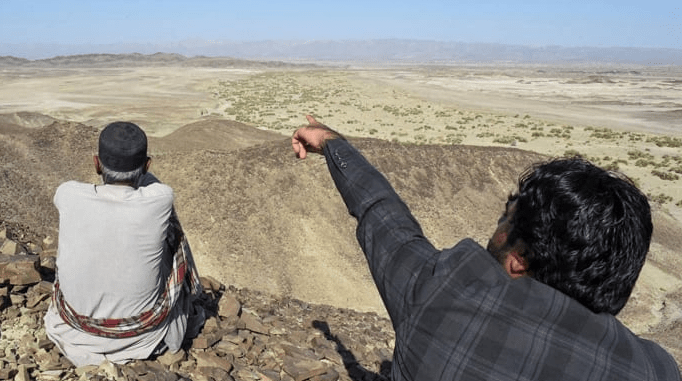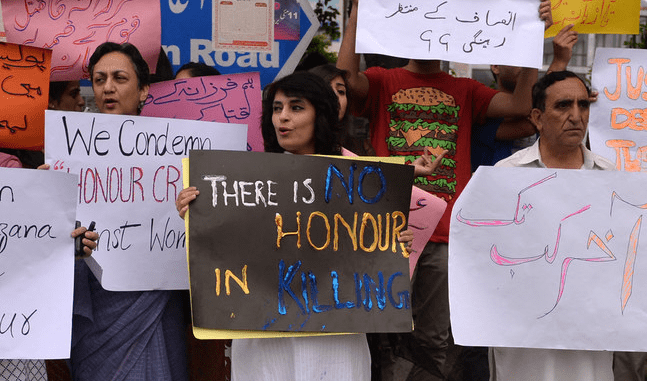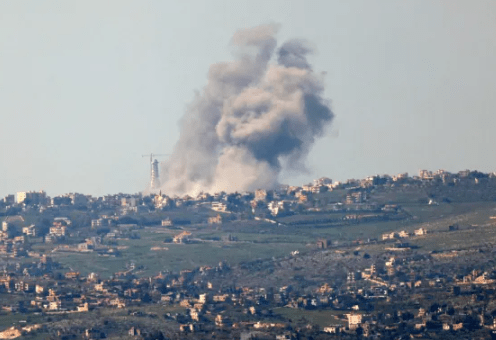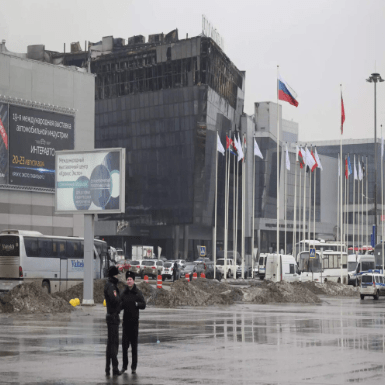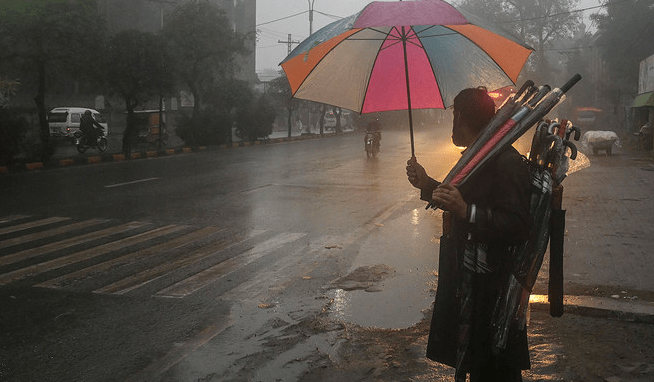After 9/11, I was sent to Guantanamo. The truth about the ‘War on Terror’ is unrelentingly grim
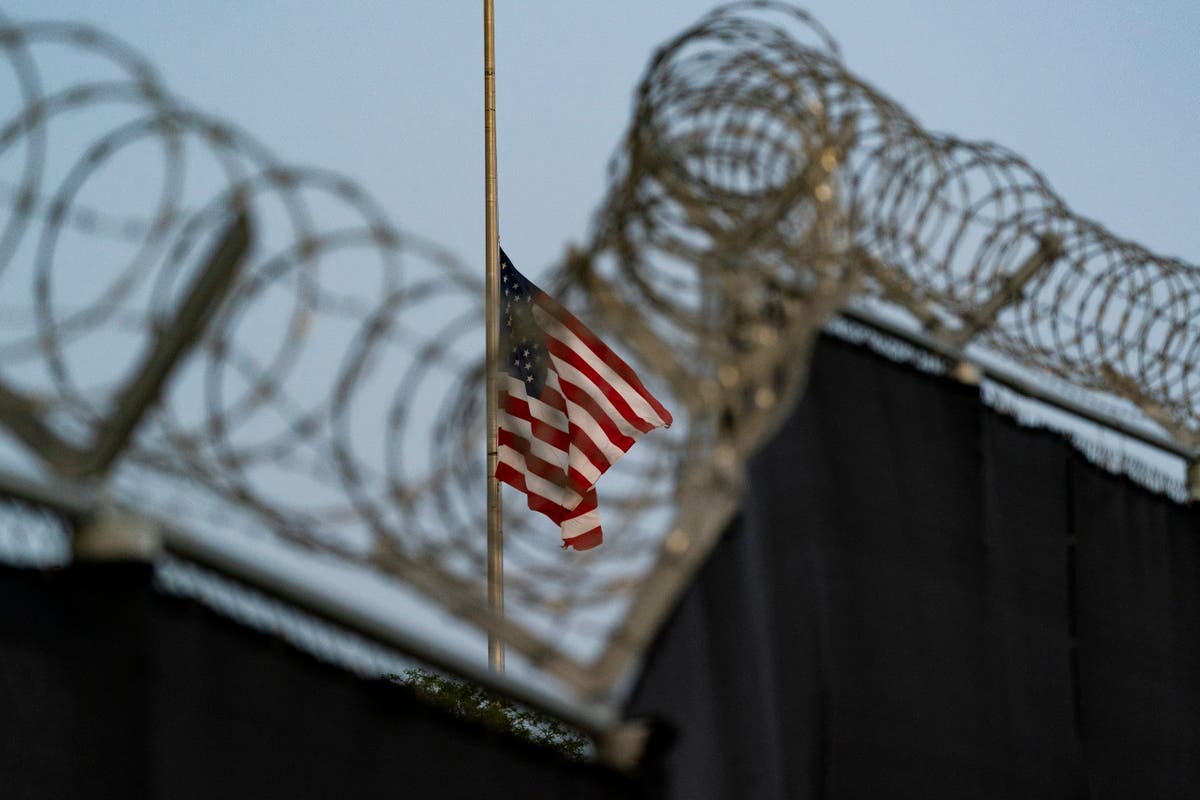
The most notable thing about the 20th anniversary of 11 September is that, following two decades of the longest law enforcement and intelligence operation in US history, not a single person has been successfully tried and convicted for taking part in the attacks. The other, of course, is that the global “war on terror” – which began with the invasion of Afghanistan – ended with the defeat of the US-led coalition and victory for the Taliban.
As one of thousands of people whose lives were irrevocably changed by the events of 9/11, I know the cost has been immeasurable. The decision to withdraw from Afghanistan was the right one, but the invasion should never have happened to begin with.
In June 2001, I moved to Kabul with my family as part of a project to build and support a school for girls. I had heard from friends in Afghanistan that the Taliban’s ban on female education had loopholes. Although they were deeply suspicious of western and secular influences on education, the Taliban seemed far more receptive to Muslims from the west and beyond. As long as the curriculum was based on Islamic principles, they had no reason to stop us.
On the day of the 11 September attacks, I struggled to understand their scale. The Taliban had banned televisions so the only news source was radio. I’d never been to America and, although I knew about the Pentagon, I had no idea about the Twin Towers. But America was about to come to me.
Under the shadow of leaflets that fell from US warplanes offering bounty for al-Qaeda and Taliban suspects, soon followed by cruise missile strikes and general aerial bombardment, we evacuated to Pakistan. I remained there until 1 February 2002, when I was abducted from my home by unidentified gunmen. That was the start of my journey as a captive of the US military. I was taken to US prison camps in Kandahar, Bagram and eventually Guantanamo, where I was kept for three years.
In 2005, I was freed without charge and returned to my home and family in the UK. Shortly after, I joined the advocacy organisation Cage and have been campaigning for the closure of Guantanamo Bay, accountability for gross human rights violations and an end to the war on terror. I began by calling for dialogue with both al-Qaeda and the Taliban – while that view now makes grudging sense to many, it hasn’t always been the case.
In 2010, Amnesty International suspended the head of their gender unit, Gita Sahgal, following a very public spat about its relationship with Cage and me. Sahgal had been incensed that Amnesty could work alongside us, knowing that I had called for dialogue with the Taliban. I faced a barrage of attacks from all sides in the media. Much of the left and the right seemed in agreement.
For its part, Amnesty declared: “On whether one should talk to the Taliban, or on the role of jihad in self-defence: are such views antithetical to human rights? Our answer is no, even if we may disagree with them.” It was a bold stance but, for the war that was waging around us, a little too late.
The war on terror hasn’t just cost trillions of dollars and hundreds of thousands of lives; for its proponents, it has cost them their very soul. Take the CIA torture programme used on al-Qaeda suspects, dubbed “enhanced interrogation techniques” (EITs). US government psychologists developed the torture techniques, government lawyers redefined torture and gave legal cover for it, and intelligence agencies provided the false, torture-basedconfessions to politicians to justify more wars. That’s exactly what led to the invasion of Iraq. But it didn’t end there.
EITs were put into effect in Guantanamo under General Geoffrey Miller, who was later redeployed to head prison operations in Iraq, namely AbuGhraib, and Camp Bucca. His objective to “Gitmo-ize” these prisons was catastrophic.
Al-Qaeda moved into Iraq as a direct consequence of the US invasion. In Camp Bucca, it transformed into the Islamic State of Iraq (ISI) after allying with supporters of Saddam Hussein. ISI became Islamic State (IS); approximately 17 top IS leaders were former captives in US-run prisons.
EITs were also exported to “black sites” around the world; from Morocco to Thailand, weaker nations were utilised to facilitate medieval torture techniques such as waterboarding. Countries such as Britain and Canada joined in and became complicit in the kidnap, torture and false imprisonment of their own citizens. Both have been forced to compensate and apologise to some of the victims, though no one was held to account.
In Europe, Poland, Romania and Lithuania violated their own laws by allowing the CIA to torture prisoners including AbuZubaydah. All were forced to compensate their victims but no one was held fully to account.
At home, nations that instigated the war on terror have changed their own societies beyond recognition. Anti-terror laws that almost exclusively target Muslims pass each year. Detention without trial, house arrest, internal exile, passport removal, nationality revocation and secret trials often based on “closed evidence” are part of Britain’s response to terrorism – even though terrorism is the blowback that resulted from the invasions of Afghanistan and Iraq.
In Britain, spying on schoolchildren, surveillance and attempts to legislate ideas have begun to resemble Orwellain visions of Big Brother. Anti-Muslim rhetoric uttered by politicians and peddled through the media is normal. The far right has used it to build a base across western nations since targeting Muslims is easier than attacking race. Islamophobia is so widely accepted that China has used it to declare a People’s War on Terror while practicing cultural genocide against the Muslim Uyghurs of East Turkestan. That is where 20 years of this narrative has got us.
The cumulative effect of waging all-out, unrelenting war for twenty years has been loss of credibility, standing, principles, morals and wars. Just because some people were too arrogant to talk.
Moazzam Begg is the author of ‘Enemy Combatant: A British Muslim’s Journey to Guantanamo and Back’. He is the outreach director at Cage, an organisation that aims to help communities affected by the war on terror. To mark the 20th anniversary of 9/11, Cage has launched the International Witness Campaign

